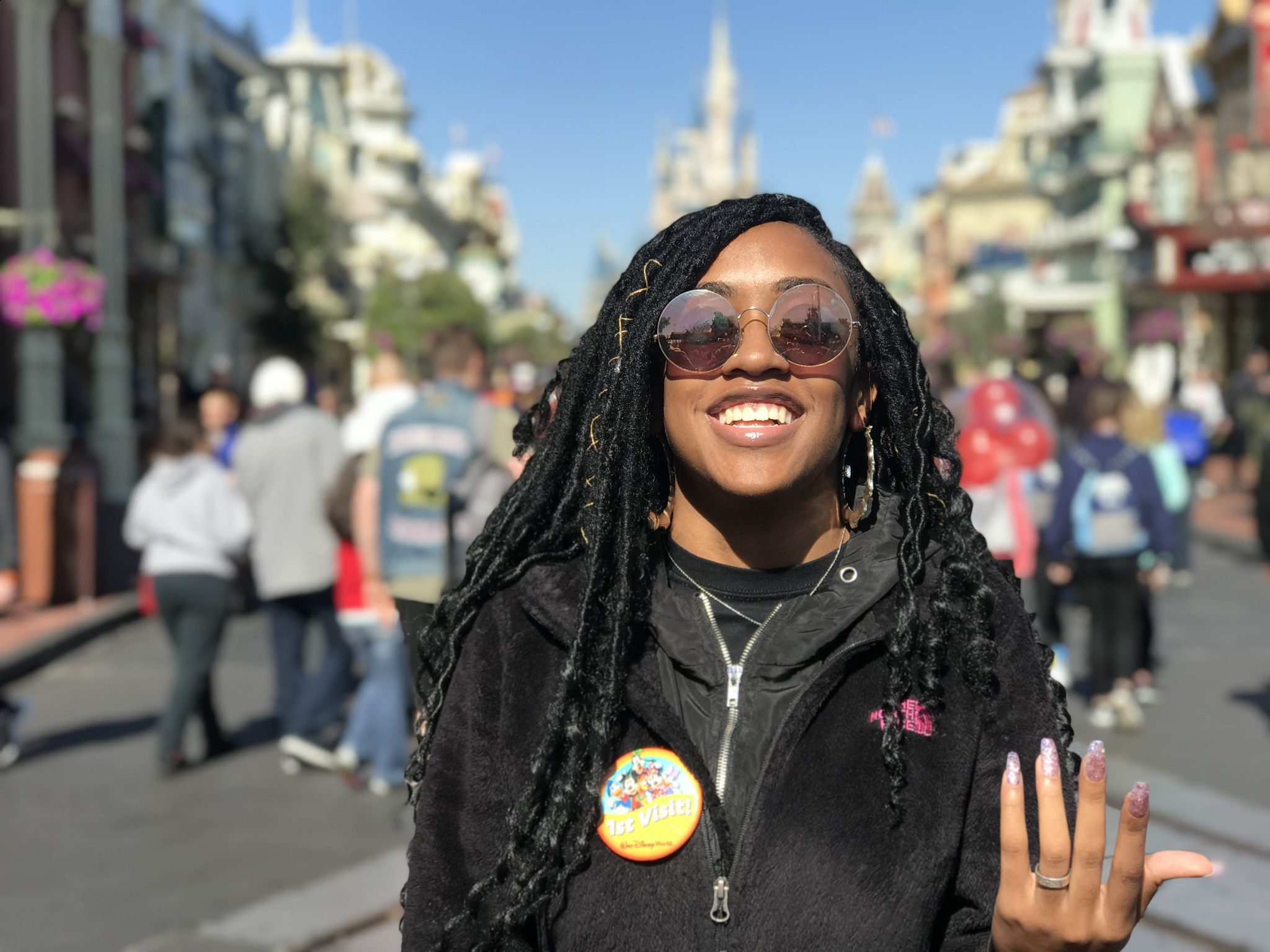
Last week, I had the amazing opportunity to speak to Jess, a local ICU nurse in the DFW area. We spoke on the ongoing difficulties for local nurses as layoffs continue in certain departments and virtual opportunities make new graduates less prepared for the realities of nursing. This conversation made me curious to see how nurses in other fields were doing during COVID-19. I reached out to Avion Taylor, a local DFW medical assistant and nursing student, to get her perspective on how this pandemic is effecting nurses.
Hello Avion, has there been any additional professional growth for nurses during this pandemic?
I actually do believe it has changed for the better especially when it comes to future nurses wanted to apply to school. I love the way that they took away the HESI and TEAS which is the entrance exam to get into nursing school and unfortunately that is what held so many aspiring nurses back. I do not think an entrance exam should hold back somebody who is really interested and wanting to be a nurse.
The American Nurses Association conducted an April 2020 survey of 32,000 nurses and found that only 11% believed they were well-prepared to care for patients with COVID-19. What skills and education have you or other nurses needed to be prepared for COVID-19 situations and will this pandemic highlight the need for any specific training?
We needed to be trained all the way because we were never properly prepared for something like this so hopefully now nursing schools will take that in mind.
There’s a saying by some healthcare administrators that “a nurse is a nurse is a nurse”. A June 2020 report by the American Hospital Association estimated that U.S hospitals will lose 323 billion dollars this year due to COVID-19 effects, which will be followed with more layoffs and healthcare systems will possibly set higher expectations from the remaining nurse staff. Could this pandemic create situations where specialized nurses in the OR, ER, ICU, or medical-surgical floor are expected to help out in completely different departments?
Actually, we have come to that, were I currently work now we have all the nurses from different departments working on the COVID floors now. I work with med-surg nurses, OR nurses, ER nurses, ICU nurses, travel nurses who have done a little bit of everything and as the COVID floor grew they just shifted other floors to come work no matter their specialty.
You have stories like Angela Ramos, a second-year nursing student at Indian River State College, who is now doing virtual simulations instead of a clinical rotation. Do you think there will be a rocky transition to overcome for the newest round of nursing graduates with possibly less in-person department experience?
Nursing school is hard already and coming out of clinics and becoming a nurse resident is rocky to begin with so I can see there being a lot more fear when transitioning. They might feel less equip to do their job and that would be understandable because in-person clinical rotations are really important to a nursing career.
Amanda-Jane Weir, the NHS Foundation’s head of staff engagement, said patients being cared for by healthcare staff in PPE could feel isolated. Is there a way that nurses can maintain human connection with patients in a landscape of social distancing, visitor restrictions, and PPE attire?
Yes, I feel that even though we work in our PPE we still have a relationship with our patients, I feel like they have come to an understanding that the PPE is needed. Also, now that visitors are starting to be allowed back again, I believe they want to be safe and dress in PPE as well so I think now it’s a common understanding and less to make people feel isolated.
Black people represent 6% of Wisconsin’s population, but account for almost half of the state’s coronavirus deaths. Black people also account for two-thirds of Chicago’s deaths despite being less than one-third of its population. Do you think this staggeringly disproportionate reality will create a long-overdue response by the government, public, and/or other organizations in addressing racial disparities?
I unfortunately don’t think it will ever get a response that it needed because African Americans are again unfortunately not taken serious in a healthcare setting. African Americans are underrepresented and get the worse care there is so I hope future African Americans can get into the healthcare field so we can take care of our people the way they deserve to be.